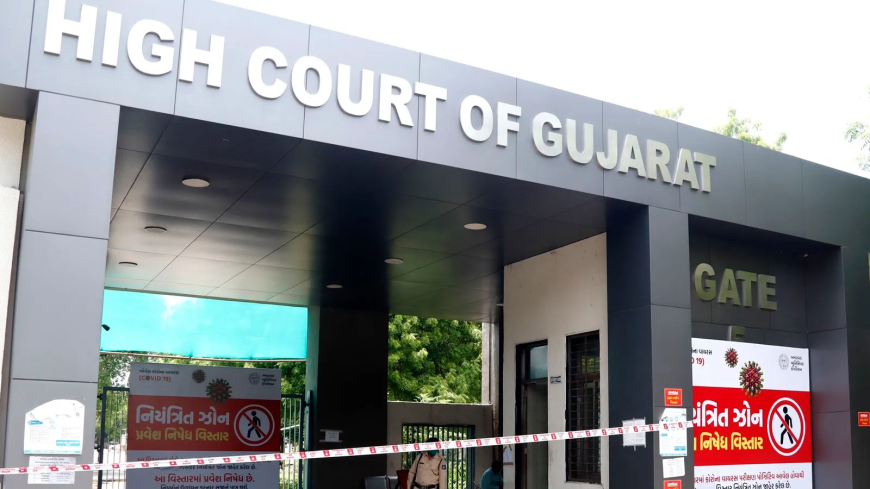Gandhinagar, the Gujarat High Court has dismissed a Letters Patent Appeal challenging the assessed electricity charges imposed on a petitioner by Dakshin Gujarat Vij Company Limited (DGVCL). The court's decision underscores the seriousness of electricity theft and the responsibilities of consumers in such cases.
The petitioner argued that the calculation of the assessed electricity charges was conducted unfairly, claiming they were not given a proper hearing and that the final bills were prepared without their involvement. However, the respondent company countered these claims by presenting substantial evidence of electricity theft. This included tampering with the meter and unauthorized use of electricity, leading to the filing of an FIR under Section 135 of the Electricity Act.
The court noted that Section 135 (1A) of the Electricity Act mandates immediate disconnection of electricity upon detection of theft. Despite this, the petitioner managed to have their electricity supply restored without fully complying with the provisions of the Act. According to the court, the petitioner had made an undertaking on August 21, 2020, agreeing to pay the total assessed amount in four installments. The first 50% was paid by a demand draft on the same day. The remaining balance was to be settled with three cheques dated September 21, October 21, and November 21, 2020.
However, before the second cheque could be processed, the petitioner filed the appeal while concealing this payment arrangement from the court. The court found that while the electricity supply had been restored as noted in an earlier order dated September 16, 2020, the petitioner failed to disclose the payment details in their appeal.
In its ruling, the court criticized the petitioner’s conduct, stating, “It is more than evident that the petitioner has adopted ways and means to evade making deposits for unauthorized electricity consumption and succeeded in getting their electricity restored through deceptive practices.” The court concluded that there was no merit in the petitioner’s argument that they were denied a fair hearing.
As a result, the court dismissed the appeal, reinforcing the need for transparency and adherence to legal procedures in cases of electricity theft. This decision serves as a stern reminder to consumers about the importance of complying with regulations and the legal consequences of tampering with utility services.




 Previous
Article
Previous
Article











